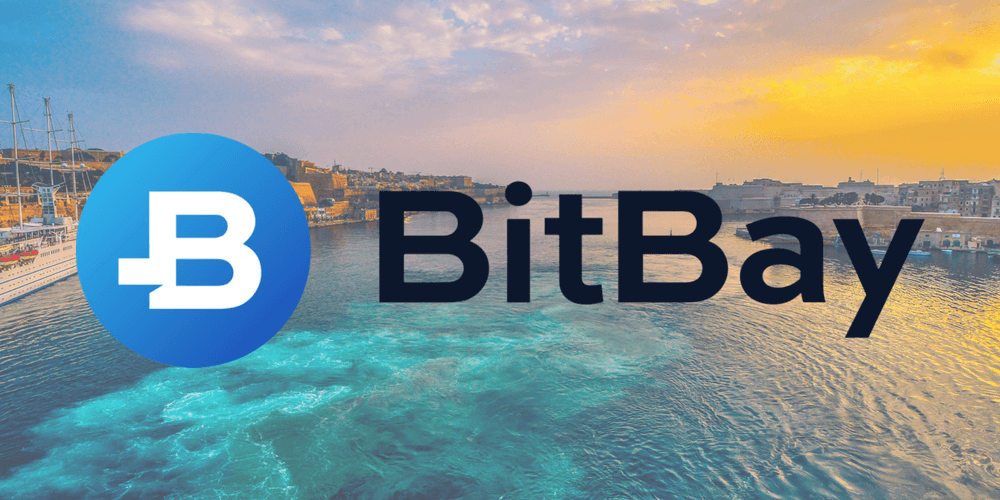
Poland’s largest cryptocurrency exchange has announced that it is shutting shop in its home country and is relocating to the sunnier climes of Malta.
Established in 2014, Polish crypto exchange BitBay provides access to 29 digital currencies, has over 800,000 active users, processes 125 transactions per minute, and has more than 200 employees, making it the biggest cryptocurrency business in the country.
Yet, despite its established footing in Poland, the last Polish bank ready to provide bank services to cryptocurrency exchanges has decided to end its relationship with BitBay, according to a company announcement. This will be effective from the 31st May, and from the 17th September trade on the exchange will be suspended. From the 18th September, users will only be able to withdraw their funds deposited on their accounts.
As a result, the exchange has taken the decision to suspend its exchange in Poland and look elsewhere to set up a new base.
“We encourage our users to continue the cooperation with BitBay,” the exchange said in an announcement. “After logging on [their] account on [the] bitbay.net web page users will be able to create their own BitBay account in Malta.”
After discussions with the government of the Republic of Malta, and the fact that the European nation is seen as a friendly business environment, BitBay determined that the Maltese jurisdiction is the best solution for continuing its services.
Malta is fast becoming a nation that is seen as a crypto-friendly destination for companies seeking a fresh start. Earlier this year, the Maltese government approved a blockchain strategy, making the nation one of the first countries in the world to have a national strategy on the blockchain technology. As a result, it has gained a reputation as the ‘Blockchain Island.’
In March, the founder of Binance, one of the world’s biggest cryptocurrency exchanges, announced that the Hong Kong founded exchange was planning to open an office in Malta. At the time, Zhao Changpeng, CEO of Binance, said: ‘Malta is very progressive when it comes to crypto and fintech.’
Earlier this month, it was reported that Malta had entered a partnership with Omnitude, a multi-enterprise blockchain middleware platform, to use the blockchain in Malta’s public transport, according to a press release. The aim is to enhance services by developing a transport and logistics platform using Omnitude’s blockchain middleware technology.
Japanese trading exchange OKEx and blockchain-based equity fundraising platform Neufund have also announced that they are expanding into Malta. The region has further cemented its openness toward cryptocurrencies and distributed ledger technology (DLT) platforms by presenting three cryptocurrency and DLT bills to parliament. These include the Malta Digital Innovation Authority Bill, which focuses on governance arrangements; the Technology Arrangements and Services Bill, which requires the registration of technology service providers; and the Virtual Financial Assets Bill, which seeks to regulate initial coin offerings (ICOs).

